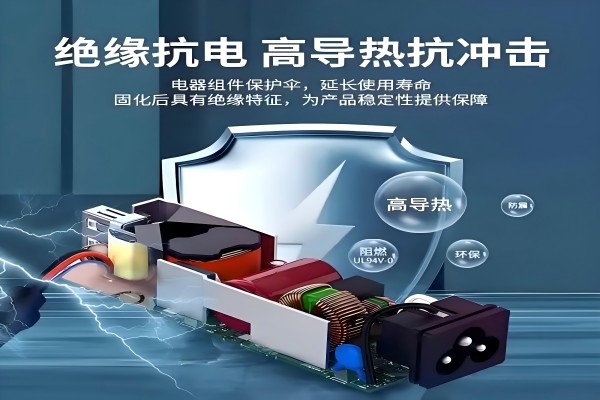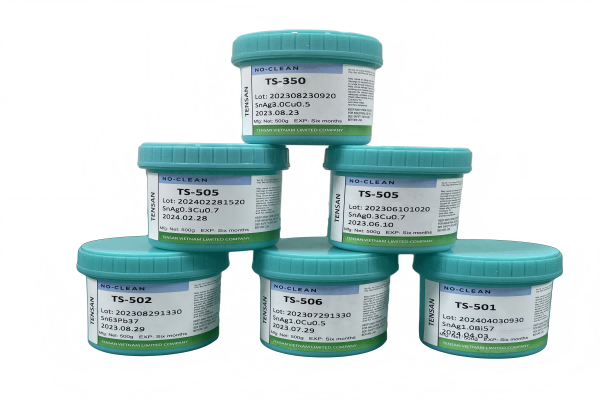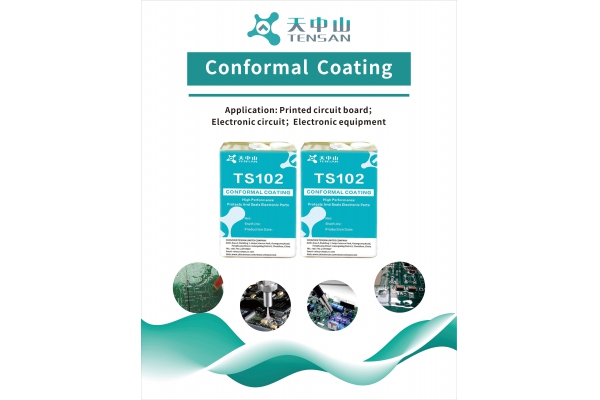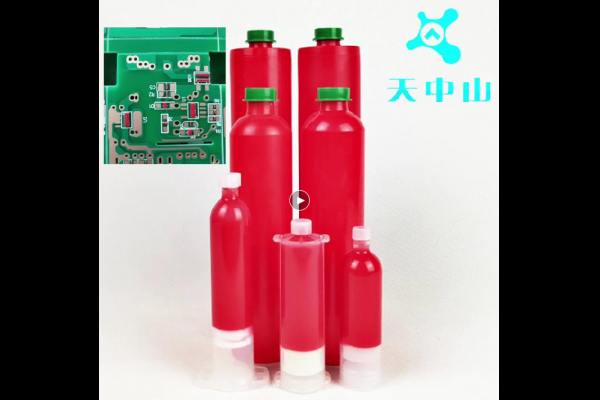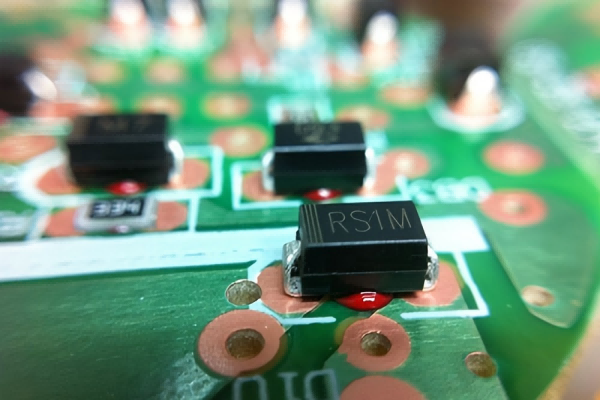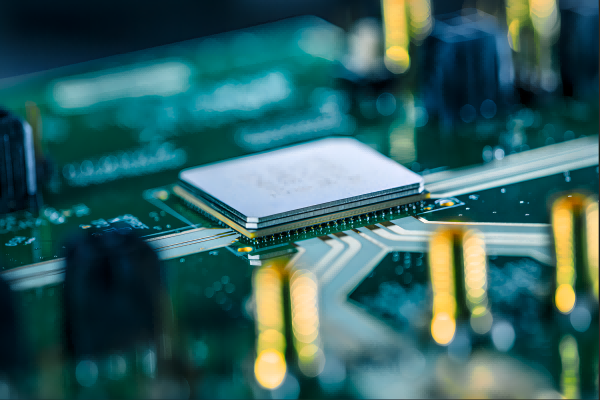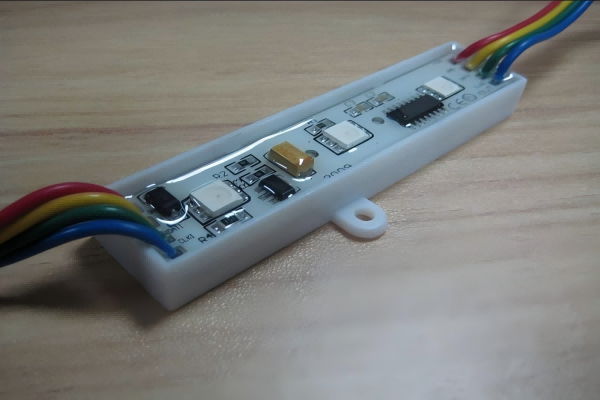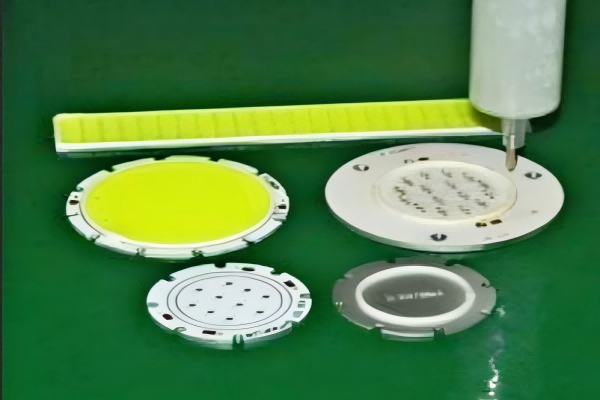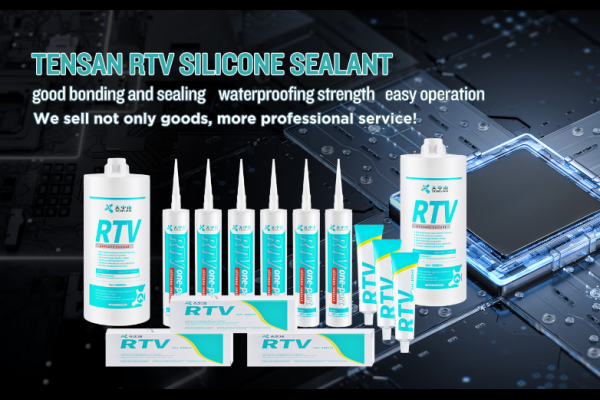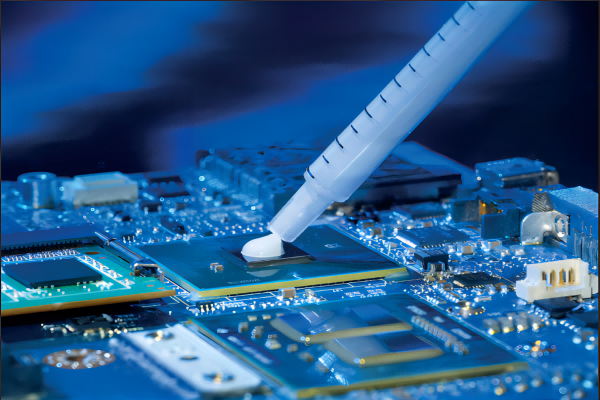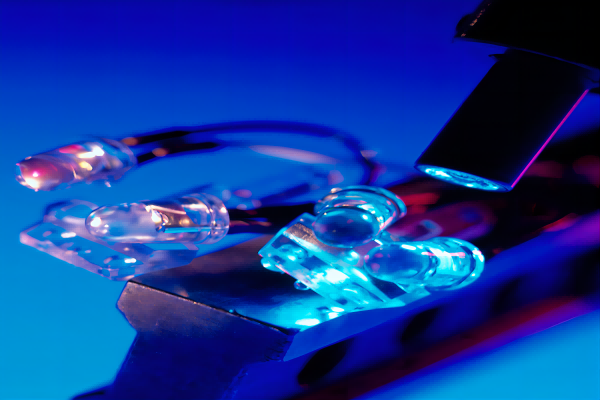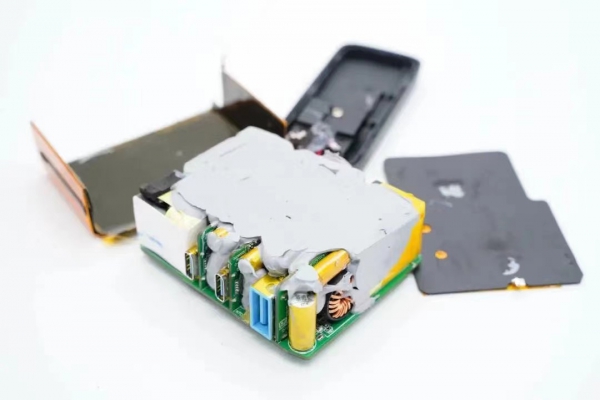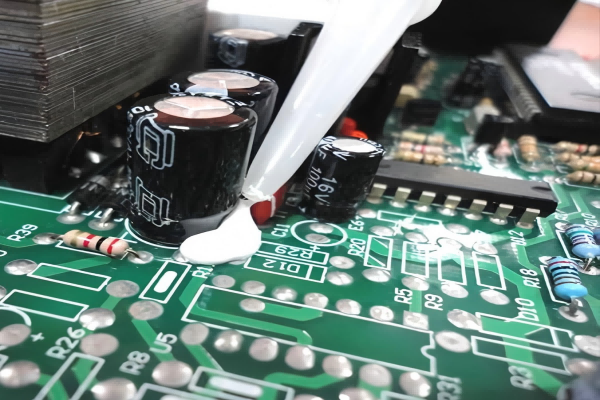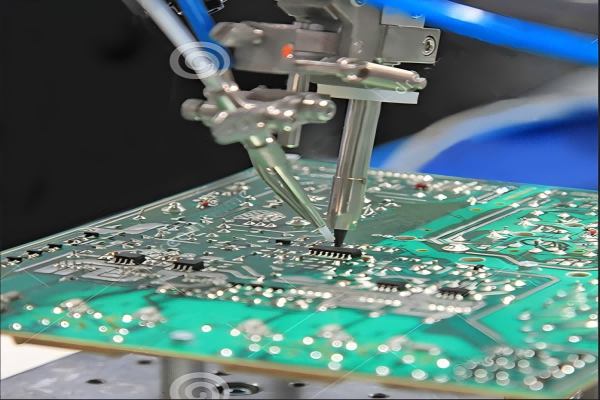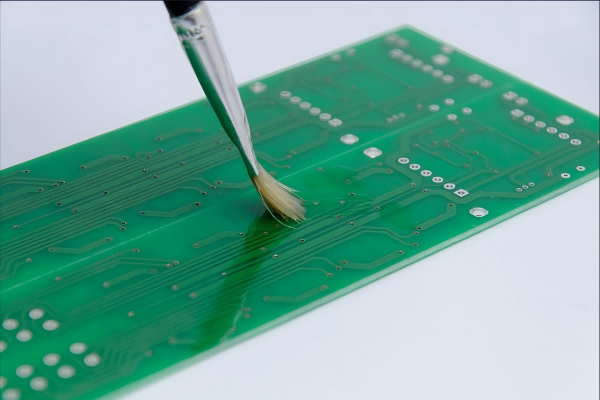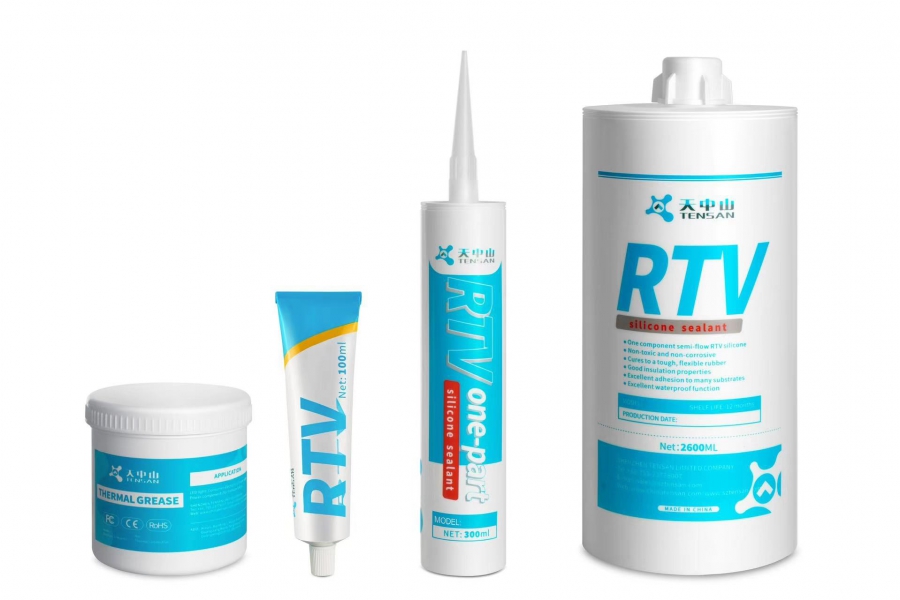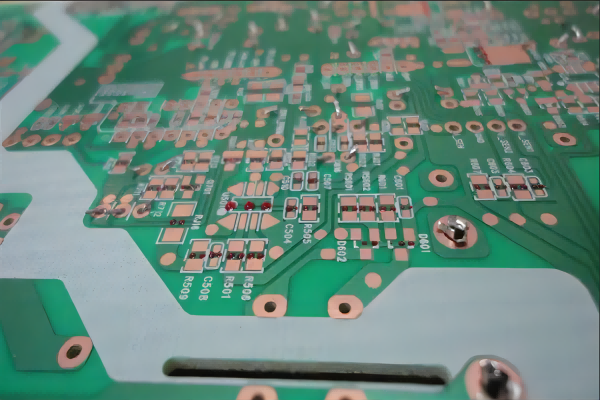-
Shenzhen Tensan Co., Ltd., Ltd. launched high-performance potting compound ...
Shenzhen Tensan Co., Ltd., Ltd. launched high-performance potting compound to help the new upgrade of industrial manufacturing Shenzhen Tensan Co., Ltd. – With the continuous improvement...
More
-
Efficient and accurate, instant bonding! Shenzhen TiansanCo., Ltd. launched...
Efficient and accurate, instant bonding! Shenzhen TiansanCo., Ltd. launched cyanoacrylate 406 to empower a new experience in industrial manufacturing,Curing in seconds, super sticky, 406 cyanoac...
More
-
Shenzhen Tiansan Co., Ltd. launched high-performance Solder Paste to help ...
Shenzhen, China – Shenzhen Tiansan Co., Ltd., a leading manufacturer of industrial glues, today announced the launch of its latest high-performance Solder Paste product. Designed specificall...
More
-
Upgrade of manual coating glue application specifications: refined processes he...
With the continuous expansion of electronic equipment application scenarios, coating, as a key material for circuit board protection, has become the focus of industry attention for its standardizatio...
More
-
New Product Release: High-performance SMT red glue, providing more reliab...
Tensan 4108A is a one-component epoxy adhesive, curing at high temperatures. It is designed for SMD components on printed circuit board bonding. 4108A is suitable for high-speed SMT placemen...
More
-
Launched a new addition molding 1:1 translucent silicone gel to inject new vit...
Today, we are proud to launch a new additive 1:1 translucent silicone gel, injecting new vitality into the production of silicone gel kneading!...
More
-
Tensan TS4108A Red Glue: The Outstanding Choice in SMT Process...
This article delves into the reasons and advantages of choosing Tensan‘s SMT Red Glue TS4108A. In terms of curing characteristics, it can cure rapidly at low temperatures, and its curing s...
More
-
Tensan TS100 Thermal Pad: Opening a New Realm of Heat Dissipation with...
This article elaborately explains the reasons for choosing Tensan‘s Thermal Pad TS100 and its remarkable advantages. It highlights TS100‘s exceptional thermal conductivity that efficiently ...
More
-
Tensan TS9922: With Superior Performance, Expanding the Application Bou...
The article focuses on Tensan‘s Silicone Elastomer TS9922 and comprehensively expounds on its advantages. In terms of physical properties, it has high flexibility and a good balance of hardnes...
More
-
Tensan TS9911: Leading the LED and Multiple - Field Electronics Indus...
This article elaborately explores the advantages of choosing Tensan‘s LED Silicone TS9911 or Silicone Elastomer TS9911. It comprehensively analyzes its environmental - friendly and safe ...
More
-
Unlock TS - 6603: Usher in a New Era of Safe and Efficient LED Packa...
This article focuses on Tensan‘s LED Silicone TS - 6603, deeply analyzing its application value and unique advantages in the LED field. It comprehensively elaborates on the product‘s com...
More
-
Unlocking the Core Advantages of Tensan LED Silicone TS - 6602 in the ...
This article delves deep into Tensan‘s LED Silicone TS - 6602, analyzing its remarkable advantages and application value in the LED field. It elaborates on how the high light transmittanc...
More
-
Explore the High - Performance Heat - Dissipation Secrets of Tensan TS ...
Tensan‘s thermal conductive silicone grease TS - 1001 is an outstanding heat - dissipation material. It has high thermal conductivity, enabling rapid heat transfer and effectively reducing equipm...
More
-
Tensan UV Products: An Excellent Choice for Multi - Field Applications...
This article thoroughly analyzes the reasons for choosing Tensan UV products and their remarkable advantages. In terms of performance, they feature rapid curing, strong adhesion, and superior pro...
More
-
Tensan Silicone Potting: Industry - Leading Performance with All - Round...
This article delves deep into the reasons and advantages of choosing Tensan‘s silicone potting. It comprehensively expounds on its excellence from aspects like electrical performance, temperature ...
More
-
Explore Tensan Thermally Conductive Adhesive: The Core Driving Force fo...
This article comprehensively analyzes the remarkable advantages of Tensan‘s thermally conductive adhesive. In terms of thermal conductivity, it has a high coefficient and stable efficiency, enabli...
More
-
Unlock Tensan Solder Paste and Open a New Chapter of Efficient Welding...
This article delves deep into the remarkable advantages of Tensan‘s solder paste in the field of electronics manufacturing. From its excellent soldering performance, including good wettability, lo...
More
-
Tensan Coating - The Protective Barrier Across Extreme Environments...
This article delves into the reasons why Tensan‘s coating is highly favored across various industries. In terms of performance, it forms a dense film to block external intrusions, has strong adhes...
More
-
Tensan LED Glue: Exceptional Performance Driving Industry Innovation...
Tensan‘s LED glue is a series of high - performance adhesives meticulously crafted for the LED industry. In terms of environmental protection, it strictly adheres to standards such as REAC...
More
-
Tensan Red Glue: A Model of Excellent Bonding Performance...
Tensan red glue is an outstanding adhesive with excellent performance. It has remarkable bonding strength, capable of firmly bonding various materials like metals, plastics, and glass. Its high - t...
More



